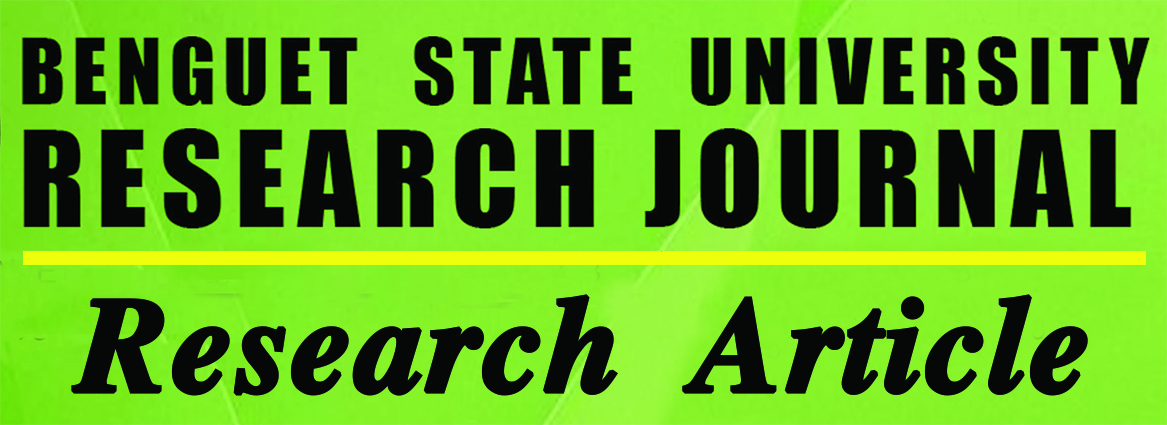Tut-uya, as Customary Law Process in Resolving Administrative Cases at the Department of Education
Main Article Content
Abstract
The framework of the study revolves basically around the idea that tut-uya, an indigenous way of peacefully settling disputes, can be a potential scheme to be integrated and adopted as an Alternative Dispute Resolution (ADR) among the Indigenous Peoples schools in the Cordillera Administrative Region. This study presupposed that tut-uya processes impact speedy resolution of cases in schools. To understand the processes involved and the implications of tut-uya to the Alternative Dispute Resolution, descriptive qualitative research design was employed. There were eight selected respondents of the study based on snowball purposive sampling. Respondents had direct experience in using the processes of tut-uya in resolving administrative cases. Results showed that court and Civil Service Commission litigations were avoided by the respondents by using the tut-uya processes in resolving conflicts for school cases. The principles of restorative and transformative justice are reflected in the indigenous justice system practices and using the procedures of tut-uya is a viable mechanism in strengthening the implementation of Alternative Dispute Resolution at the Department of Education. Shared community values play a large role in resolving conflicts since among tribes, it is believed that an offense made to an individual is an offense made to the whole community.

